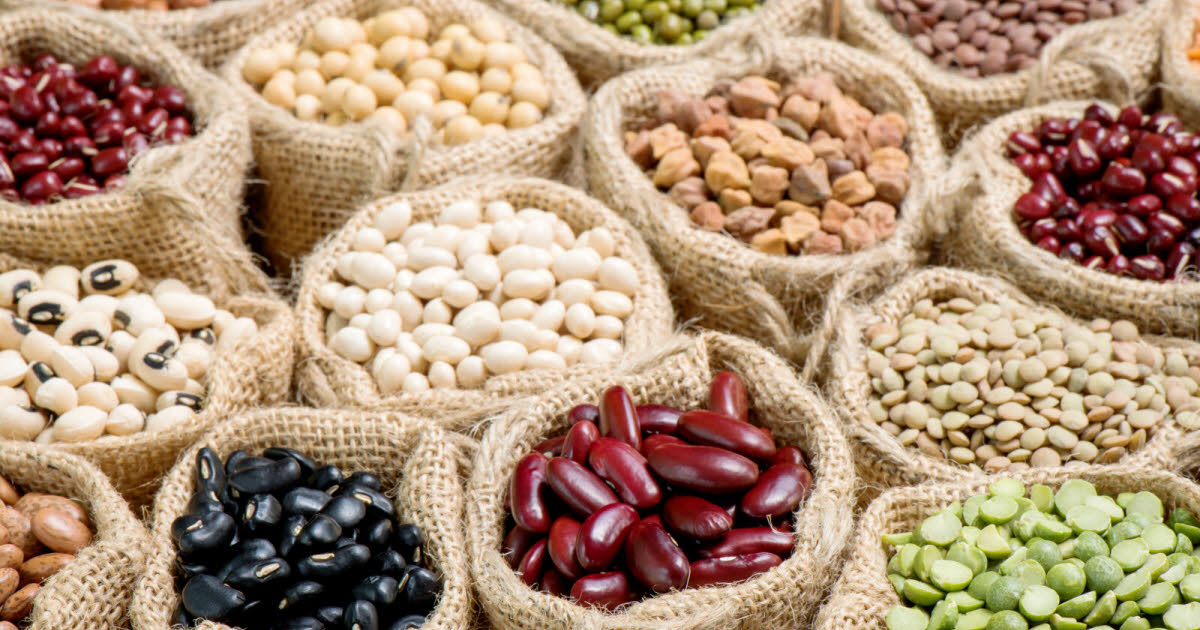Legumes
Legumes such as beans, lentils, chickpeas and peas are rich and versatile plant-based sources of protein.
They are also rich in fiber, iron and other essential nutrients. Black beans, chickpeas and red lentils are particularly high in protein and can be used in a variety of dishes, from soups to salads to main dishes.
Tofu
Tofu is a soy product that is an excellent source of vegetable protein. It is also rich in calcium, iron and magnesium.
Tofu is versatile and can be used in many recipes such as stir-fries, curries, soups and smoothies.
Temp
Tempeh is another fermented soy product that is an excellent source of plant protein. It is also rich in fiber and nutrients such as calcium, iron and zinc.
Tempeh has a firm texture and slightly nutty flavor, making it a popular meat substitute in many dishes.
Seitan
Seitan, also known as “wheat meat”, is made from wheat gluten and is an excellent source of vegetable protein.
It has a dense texture and neutral flavor, making it a popular meat substitute in many dishes. Seitan is also rich in iron and other nutrients.
Quinoa
Quinoa is a gluten-free seed that is a complete protein source, meaning it contains all the essential amino acids the body needs.
In addition to being rich in protein, quinoa is also an excellent source of fiber, iron, magnesium and other essential nutrients.
Nuts and seeds
Nuts and seeds such as almonds, cashews, sunflower seeds and chia seeds are also good sources of plant-based protein.
They are also rich in healthy fats, fiber and other essential nutrients. By incorporating these plant-based sources of protein into your daily diet, you can ensure that you meet your protein nutritional needs while enjoying the many health benefits associated with a plant-based diet.
Whether you’re vegetarian, vegan or simply looking for healthier options, plant-based protein can play an important role in a balanced and varied diet.

